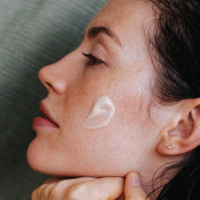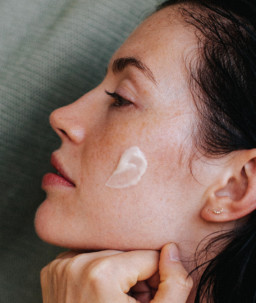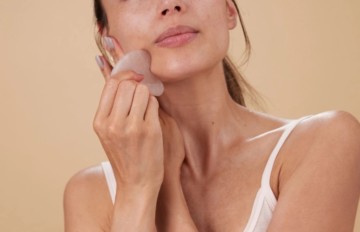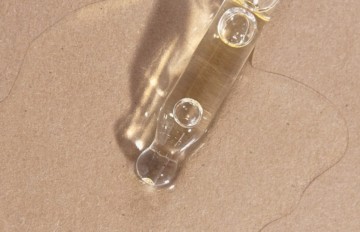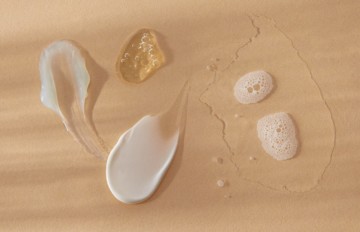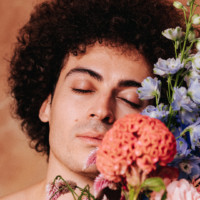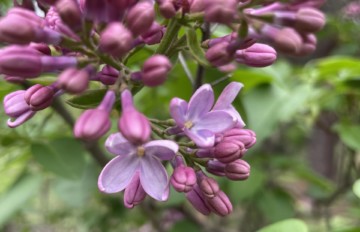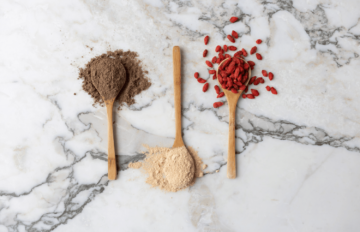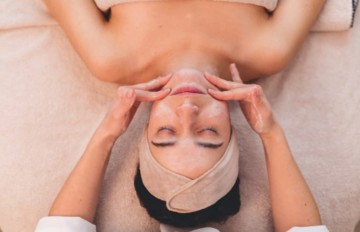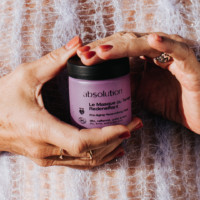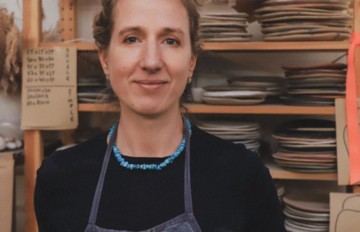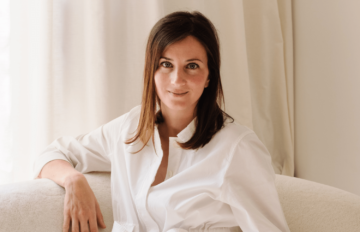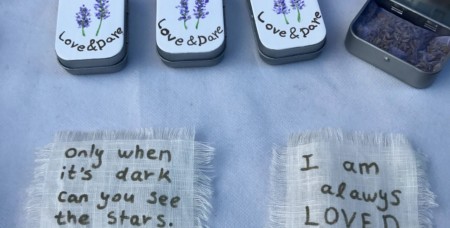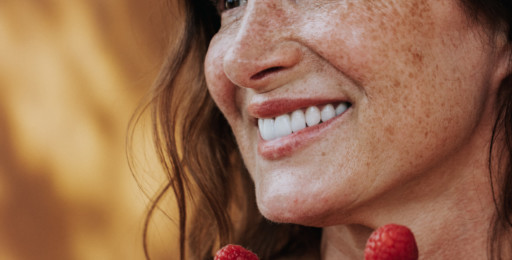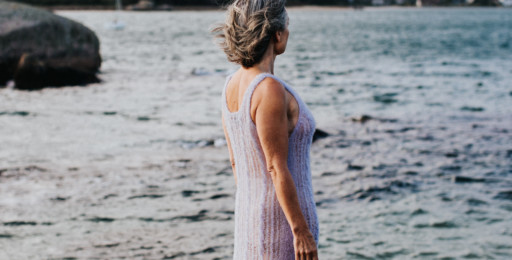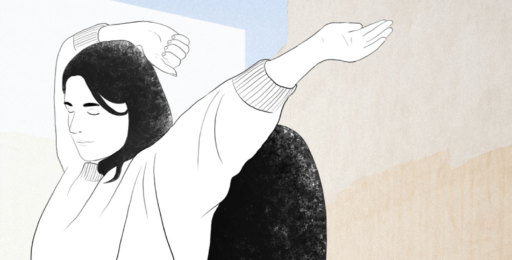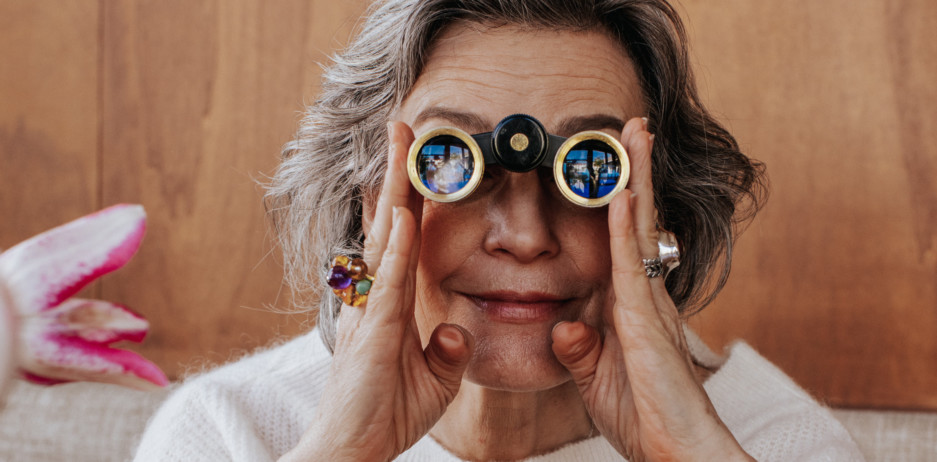
Why you shouldn’t use so-called “anti-aging” products too early
This has become one of the major trends of the last years! More than ever, young people obsessed with their appearance are flocking to creams marketed as elixirs of eternal youth. Gone are the days of shea butter and gentle lotions in their skincare routines; now, their shelves are filled with bottles of hyaluronic acid, collagen, and retinol—powerful active ingredients intended for mature skin, which people aged 15 to 25 are using in the hope of delaying the first signs of aging.
Thus, it’s no longer unusual to see young girls, sometimes even preteens, browsing the cosmetics aisles of major stores, earning the nickname “Sephora Kids.” Together with friends, they seek out brands recommended by their favorite influencers, with one name frequently coming up: Drunk Elephant, an American label selling creams for over €70, which powerful active ingredients are unsuitable for youthful skin. These behaviors highlight the influence of social media on young people’s consumption habits and raise questions about the societal pressure they feel regarding their appearance.
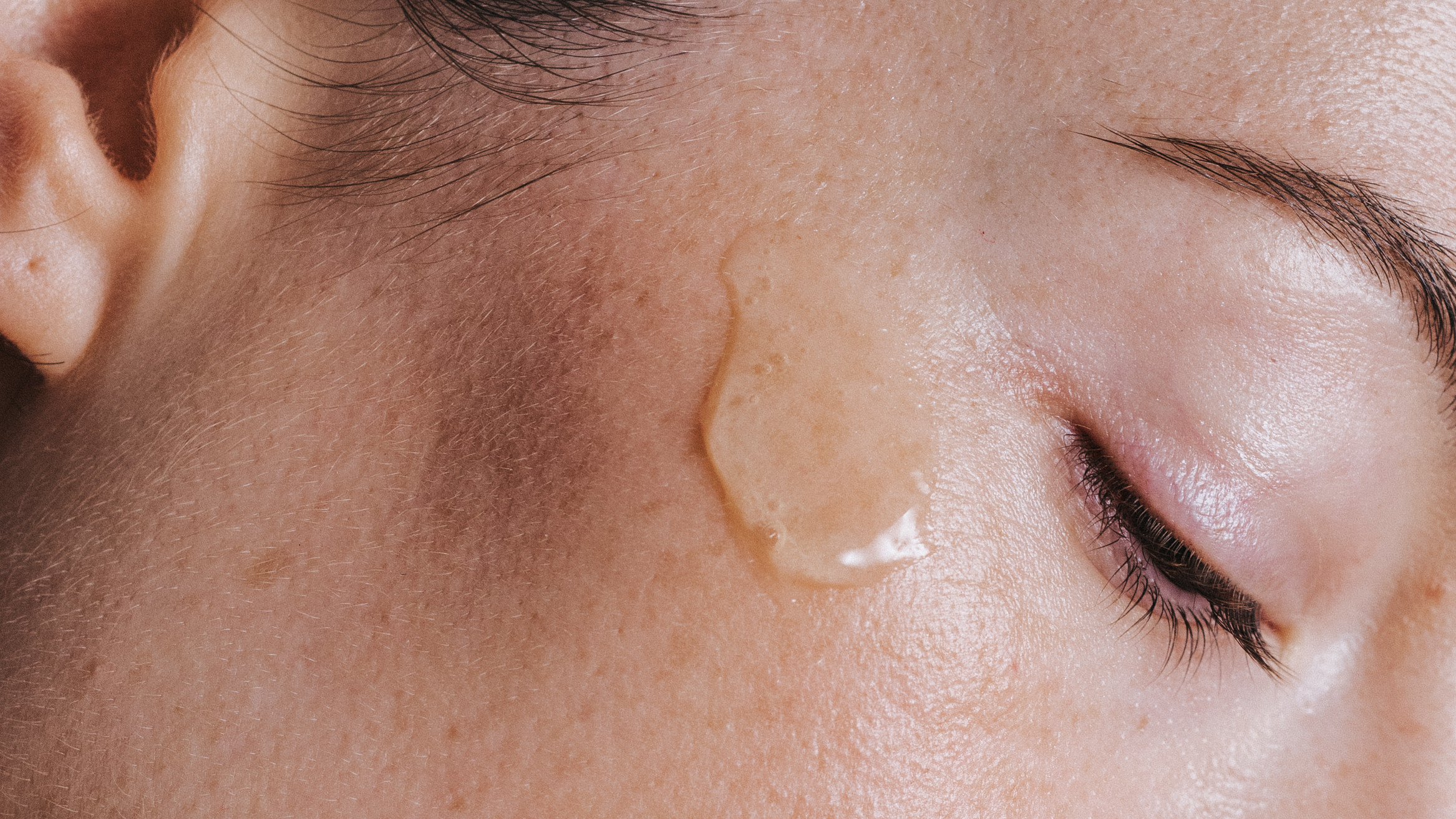
The hidden effects of “anti-aging” marketing
“I find this trend quite sad and alarming” says Isabelle Carron, founder of Absolution. “At this age, and even until well past 30, the skin is in its optimal state. Elastin, collagen, and skin cells are all doing great! Using powerful active ingredients won’t do anything other than waste money.” Experts also agree that the premature use of anti-aging products can disrupt the skin’s natural balance. As Isabelle explains, “Using these formulas too early can severely damage the skin, sensitizing it over time. Some people may end up with reactive skin they didn’t originally have.”
Like overly frequent exfoliation, retinoids and exfoliating acids can cause imbalances like dryness, irritation, or an overproduction of sebum, especially on young skin. Instead of preserving its optimal state, these formulas can fatigue the skin and strip it of its natural regenerative abilities. Moreover, the build-up of these products on skin that doesn’t actually need them could create a dependency on increasingly complex skincare routines. “Let’s also consider incompatible combinations!” Isabelle warns, as mixing these active ingredients excessively can sometimes be counterproductive, such as pairing exfoliating acids (like AHAs and BHAs) with retinol (vitamin A), which can cause extreme irritation or sensitivity. Some properties of certain active ingredients can also neutralize each other when combined, like vitamin C with retinol, or applying oil before hyaluronic acid, which prevents proper absorption.

So, what’s the right age for “anti-aging” creams?
No scientist can answer definitively when to start using anti-aging creams. According to research, skin reaches its peak around age 20 before gradually losing collagen and hyaluronic acid by about 1% per year, accelerating after age 45.
At age 50, this decline becomes more rapid. While the myth of starting anti-aging creams at 25 is real for some, Isabelle notes the marketing strategy of brands is to appeal to a broad spectrum. The cosmetics industry capitalizes on uncertainties surrounding skin aging, offering products labeled as “preventive care” or “anti-aging,” encouraging consumers of all ages to act early to preserve youthful skin. The result? Companies attract both mature-skinned individuals looking to reduce visible signs and young adults particularly wary of aging.
Yet, skin quality is ultimately a matter of health. “Diet, breathing, and meditation are obviously part of the equation!” explains Isabelle. A balanced skin ecosystem is the first step to achieving healthy, radiant skin, which helps maintain it and slow down the aging process. “To be fair, I’m not ready to be fully wrinkled like an old apple, but I hope to be one day because this means I will be old enough to see it!”
Unless dealing with psoriasis, Isabelle recommends a simple routine of lightweight, moisturizing products for young adults. For teenagers, she suggests using a very gentle cleanser, such as Le Nettoyant Pureté, and a balancing moisturizer. In cases of severe acne, targeted treatments can be considered. “Otherwise, let the skin do its job naturally!” Society urges us to believe that we need to stay forever young, with skin free of any signs of time. But in reality, isn’t it more important to take care of ourselves by stepping away from set standards?
“Anti-aging” is dead. Long live “pro-aging”!
At Absolution, we stopped using the term “anti-aging” over five years ago, opting instead for “pro-aging”. This decision came with the creation of our La Crème du Temps – and in truth, it was a bit of a rebirth for Absolution!
Why pro-aging? Because it’s a much more positive, gentle, and above all, realistic concept: no cosmetic on earth has the power to stop time or erase the marks of the
years. And after all, why would we want that? Wrinkles are living memories of all the emotions that have filled our lives. Aging is a gift, and yes, it is possible to age gracefully, with Nature’s precious help, while still recognizing ourselves in the mirror…
